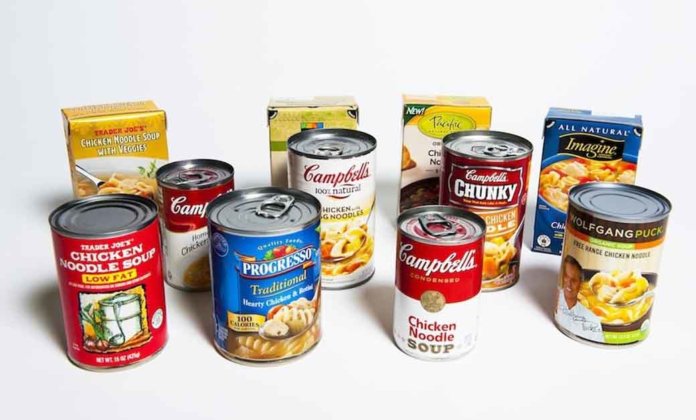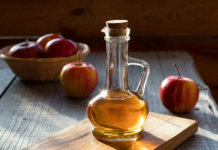For most of human evolution, all the foods we ate were in their natural state, untouched or affected by human activity. Ways to preserve food were limited. Therefore, we mostly ate raw and fresh products. This went on for thousands of years, until recently.
Most importantly, the human diet has only changed in the last two centuries, since the industrial revolution began. Food has become more available, cheaper, and potentially safer. But, many new ingredients, including chemicals, make their way to our dinner table.
Today, all processed foods are full of artificial flavors, colors, thickeners, sweeteners, preservatives, etc. Large scale food production cannot be imagined without them. However, this does not mean that all of these are good for us.
For decades, the result of scientific research cautioned us about the possible negative health effects of certain preservatives in our diet.
The purpose of this article is to present the truth about preservatives and their side-effects. Therefore, let’s start by explaining what preservatives are?
What Are Preservatives

Historically, humans used various methods of food preservation. Some of these included smoking, drying, and freezing. On the other hand, chemical preservatives are different. They can preserve fresh food without changing its flavor, texture, color, or smell. This is quite an achievement, but is it healthy?
Health Effects of Preservatives
Preservatives avoid the growth of bacteria which prevents food from spoiling. This is their main job and they are good at it.
However, it is not the antimicrobial properties of preservatives that worry scientists the most. Some of these chemicals and additives have been linked to serious diseases.
For example, Sodium nitrite is added to all processed meats as a preservative and as a colorant. It provides powerful protection from bacterial growth (e.g. Clostridium botulinum). Unfortunately, sodium nitrite is associated with an increased risk of colon and pancreatic cancer.

Other preservatives, such as sulfites, sodium benzoate, and BHA (Butylated Hydroxyanisole) are also questionable. New leading research have found them to have a negative impact on our health.
Sulfites are commonly found in canned foods, fruit juices, jams, jellies condiments, sauces, vinegar, and wine. These preservatives prevent the normal discoloration of food. Sulfites are linked with asthma-like conditions and they are known to cause allergic reactions.
Sodium benzoate is another common food preservative known for its potentially harmful effect on health. It prevents the growth of yeast and bacteria in acidic products and prevents foods from becoming sour and fermented. Sodium benzoate is very often found in fruit juices and sodas. When it is mixed with vitamin C it creates benzene, a proven carcinogen.
BHA (Butylated Hydroxyanisole) is a potential carcinogen. Its main role is the preservation of fats and oils present in some foods. That is why BHA is a regular ingredient in vegetable oils, butter, lard, chips, cookies, breakfast cereal, etc.
As we can see all these preservatives have positive and potentially negative health effects. If you decide to avoid them, learn how to recognize them.
How to Recognize Preservatives

Here is a shortlist of potentially harmful preservatives and their codes (E numbers):
- Sodium nitrite E250
- Sulfites E220 – E227
- Sodium benzoate E211
- BHA (Butylated Hydroxyanisole) E321
The Final Word
It is almost impossible to follow a modern-day diet that avoids preservatives completely. Although their effects on human health are somewhat positive and very negative, there is one more factor that can help you chose whether you should avoid preservatives altogether. Just think about the type of foods they are usually found in. These are all processed foods, sweets, snacks, sodas, etc. Empty calories without great nutritional value. This should be enough of a reason to avoid preservatives if you are looking to improve your health and quality of life.




